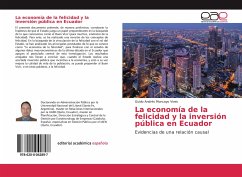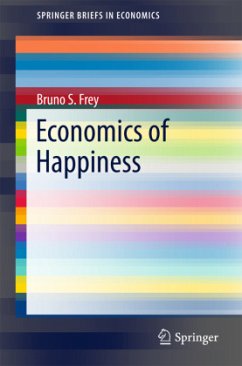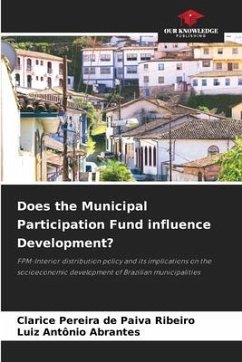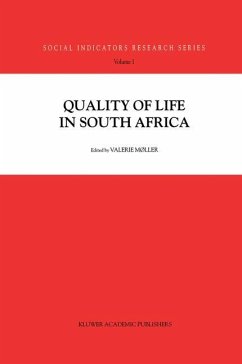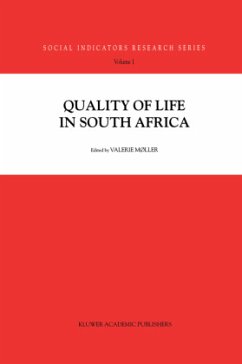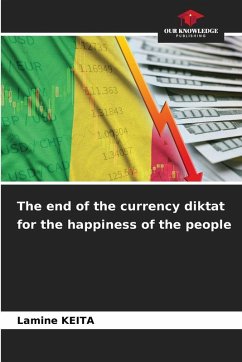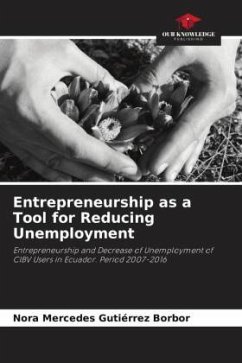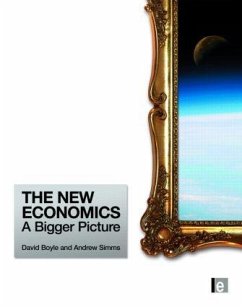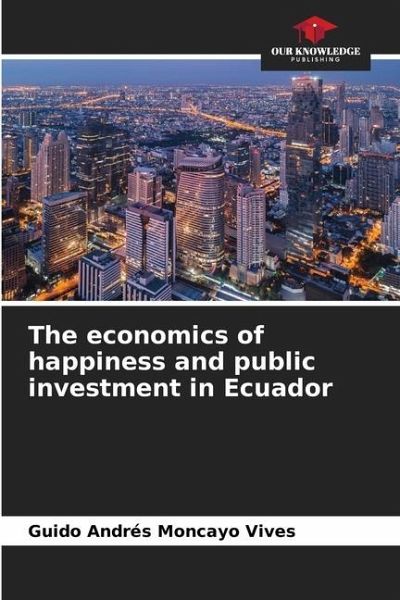
The economics of happiness and public investment in Ecuador
Versandkostenfrei!
Versandfertig in 6-10 Tagen
27,99 €
inkl. MwSt.

PAYBACK Punkte
14 °P sammeln!
This paper aims, in a preliminary way, to corroborate the hypothesis that the state plays a preponderant role in the search for what we know as Buen Vivir (for many, synonymous with happiness). To this end, a review of the concepts of happiness has been carried out. In the search for the link between happiness and the role of the state, the main postulates of what is known as "the economics of happiness" have been analysed, to conclude with the study of some macroeconomic data from the last decade in Ecuador that support the central postulate of this research. The results lead us to conclude t...
This paper aims, in a preliminary way, to corroborate the hypothesis that the state plays a preponderant role in the search for what we know as Buen Vivir (for many, synonymous with happiness). To this end, a review of the concepts of happiness has been carried out. In the search for the link between happiness and the role of the state, the main postulates of what is known as "the economics of happiness" have been analysed, to conclude with the study of some macroeconomic data from the last decade in Ecuador that support the central postulate of this research. The results lead us to conclude that, when the State makes the right public investment that stimulates the economy, and this in turn improves the quality of life of the population, it is possible to achieve Buen Vivir, or in other words, happiness.



